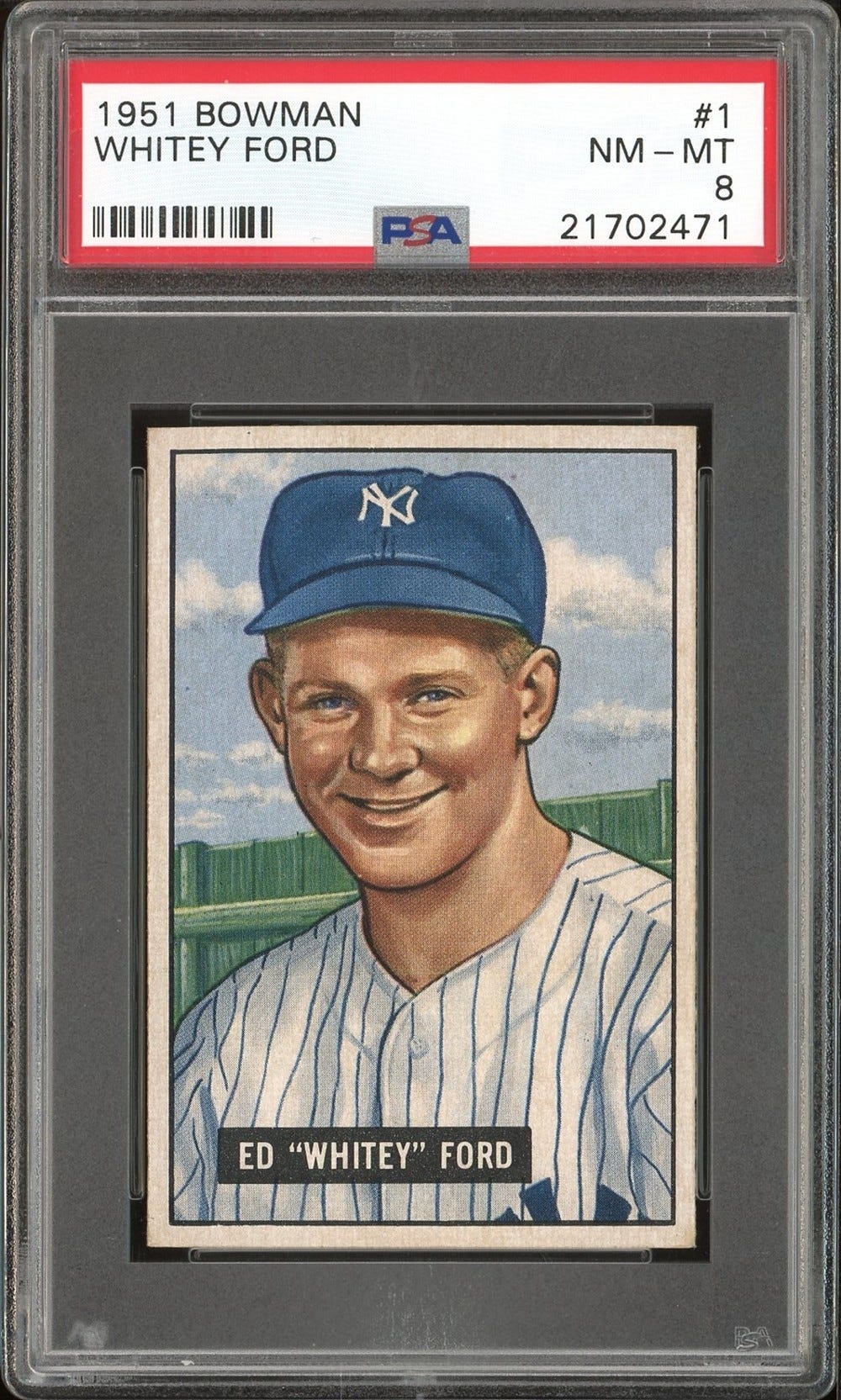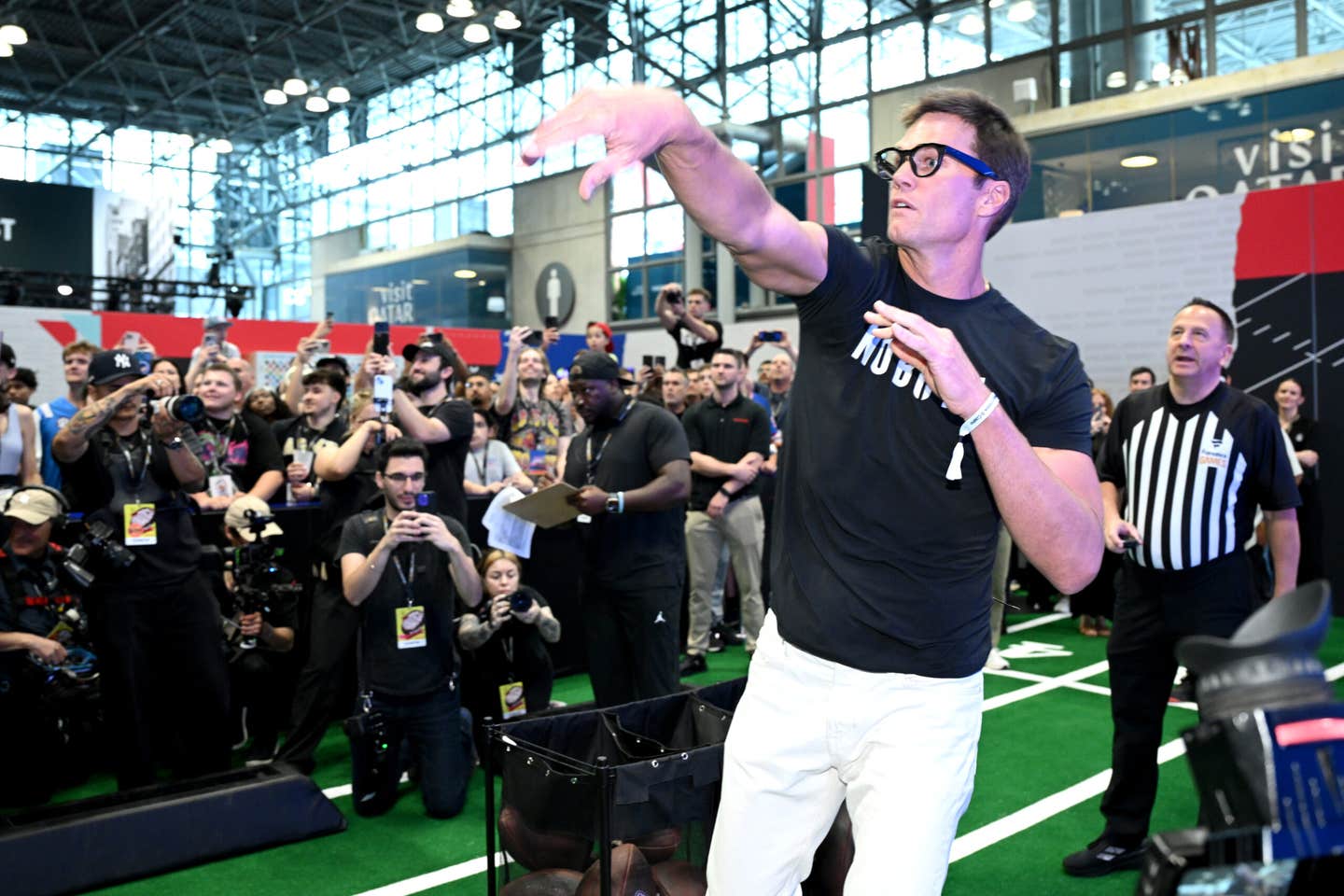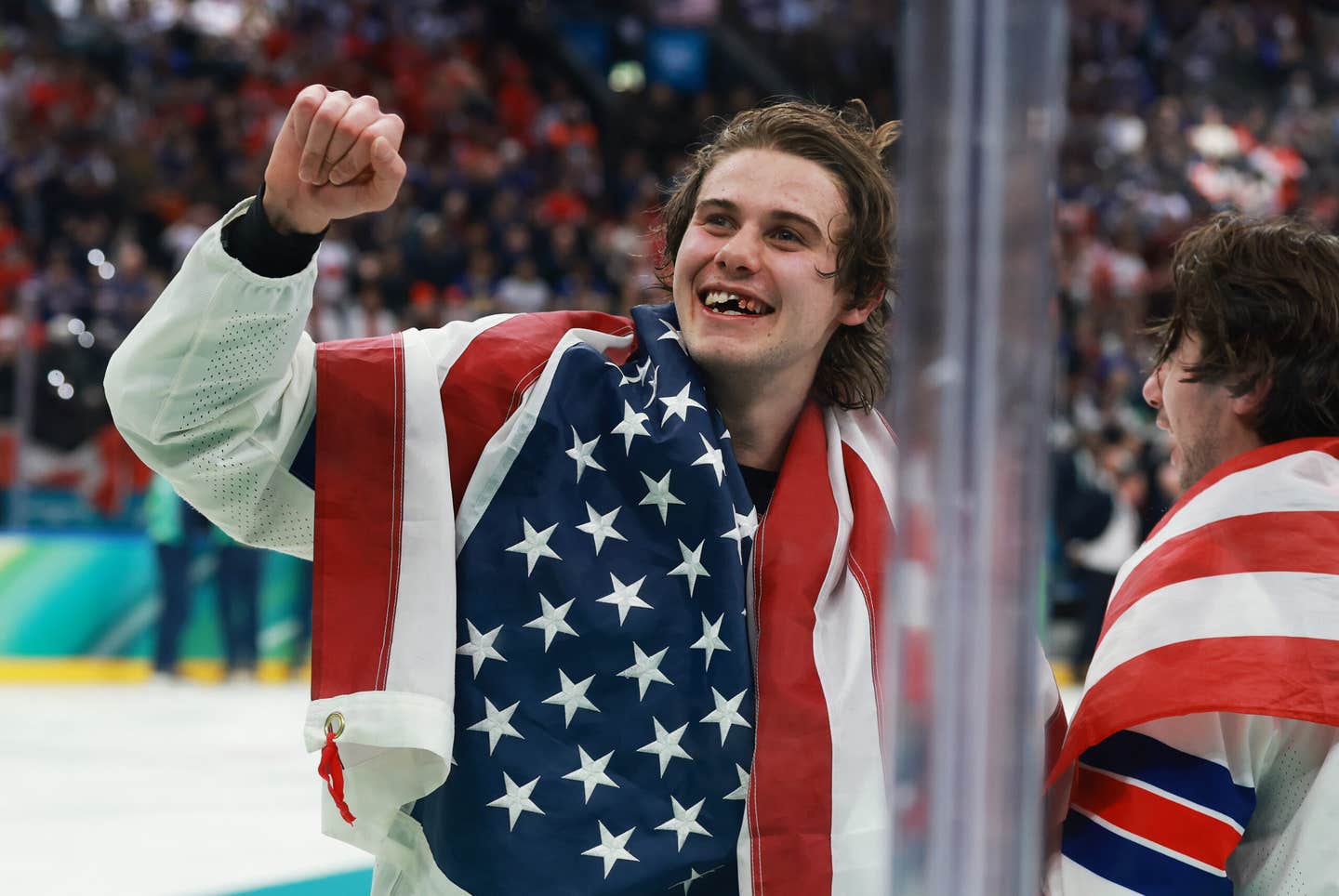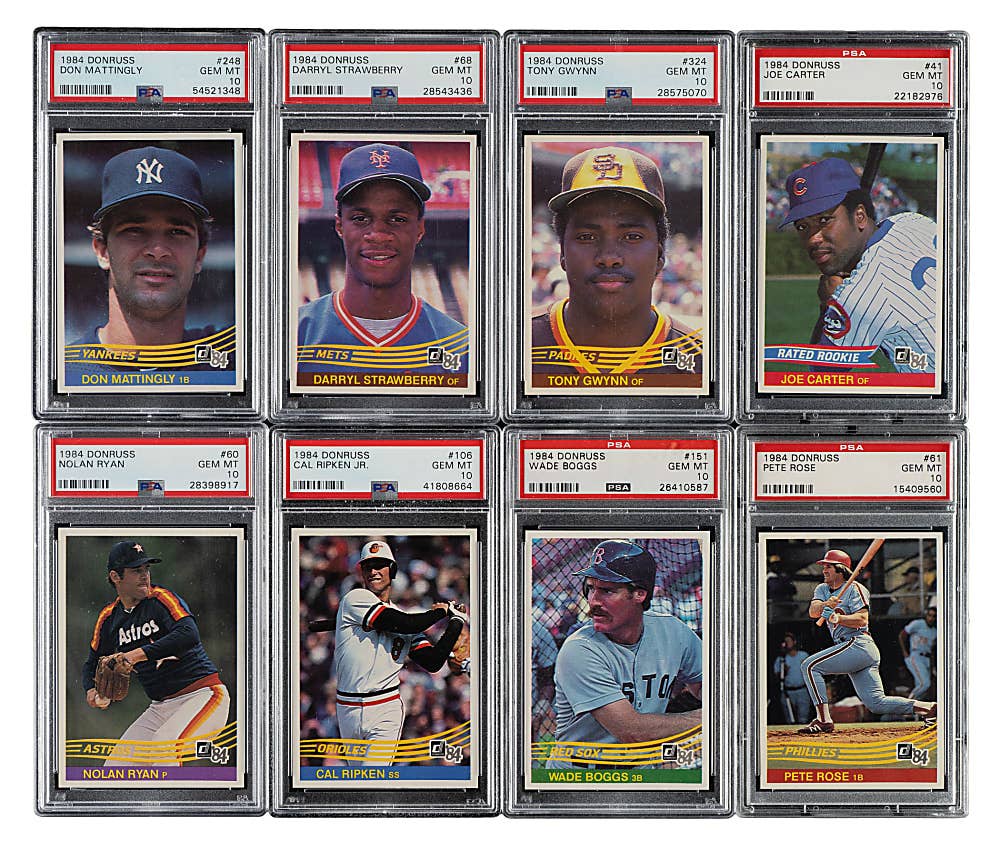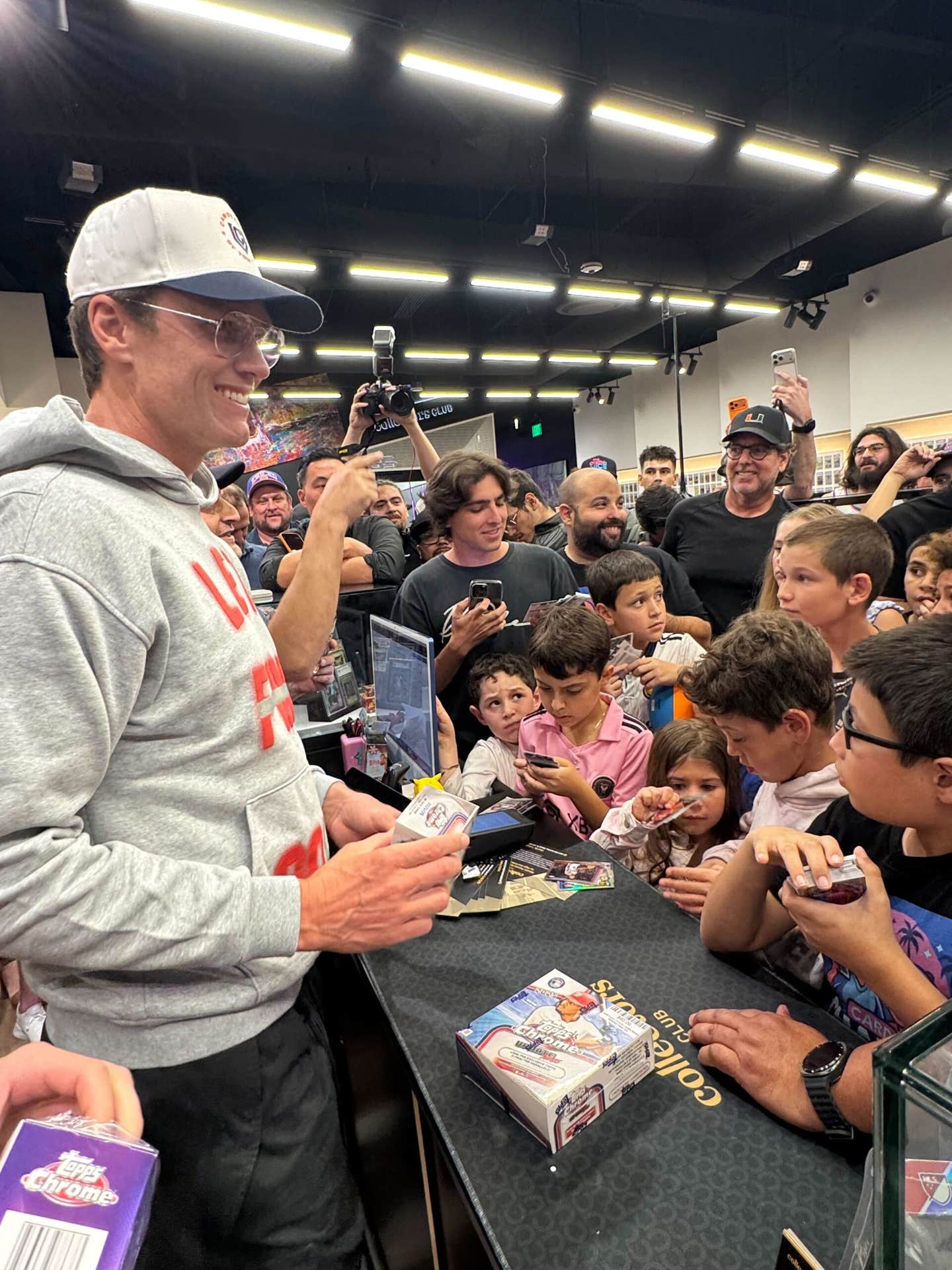News
Pesky, Schmidt share a Boston bond for life
Now good friends as elder statesmen for the games they played, baseball legend Johnny Pesky and hockey great Milt Schmidt might have been teammates had their lives taken different paths.
Or they might even have been opponents.
Pesky, of course, is synonymous with baseball in New England, Boston Red Sox baseball to be specific.
Schmidt is as closely identified with ice hockey, and the Boston Bruins.
The two have been friends since the 1940s when Pesky was a hitting machine shortstop for the Sox and Schmidt a scoring machine center for the Hub’s hockey team.
Pesky is now 88, and Schmidt turned 90 this year. But both are still very active and involved, and they continue to spread good will for the sports that have been central to their lives for so long. They’re also enjoying widespread popularity, and collectors are the better for it, because they’ve re-emerged as willing and friendly signers on the regional autograph circuit.
How do they reflect on their long and colorful careers, and how do they feel about the collectibles hobby? Their memories are amazingly vivid, and they’ll graciously tell you about their careers. But first, let’s return to that time more than seven decades ago when their lives and careers almost intertwined in ways that might surprise you.
If things had turned out differently, Schmidt might have ended up playing baseball, perhaps for the St. Louis Cardinals. Or Pesky could have ended up playing hockey. Further yet, the two might have become Cardinals teammates.
Schmidt was just a youngster, only 14, when he was playing Junior Hockey in his native Kitchener in Ontario, Canada. And he was only 17 when he signed with Boston’s hockey Bruins, reporting to the old Providence Reds of the American Hockey League for his first experience of pro life during the 1936-37 season. It wasn’t long before he’d be called up by the Bruins to begin a uniquely long career.
“It was around 1938 that I was invited to a tryout by the St. Louis Cardinals,” Schmidt recalled. “I had been an outfielder, and at bat, I’d either hit the ball out of the park or end up walking back to the dugout (after a strikeout). Unfortunately, I ended up walking back to the dugout more than I ended up running around the bases.”
Schmidt never followed up on the Cardinals invitation.
“In Boston, we were in a fight for the Stanley Cup, anyway, and I was just too busy with that to give baseball much thought,” he said.
Pesky was only a kid when he began playing both baseball and hockey in his native Portland, Ore. He played sandlot and high school ball. His American Legion team won the Northwest Regional championship, and he was a batboy and clubhouse boy for Portland’s Pacific Coast League team. He went on to be the youngest member of the Silverton team owned, coincidentally, by Tom Yawkey, who later would play an important role in Pesky’s life.
Hockey shared his interest, and he found plenty to focus on in Portland, which has a rich history in the sport as the site of the first pro team in the U.S. As a kid, he played street hockey and on amateur teams, serving as the epitome of a “rink rat” as a stick boy and unofficial mascot with the city’s Western League pros, the Portland Buckaroos. He even helped scrape the ice in that pre-Zamboni era. Later, he worked as an official, a linesman, in the Western Hockey League.
At one point, one of the pros in Portland set up a tryout for Pesky with the Hershey Bears, an American Hockey League team with a Bruins affiliation. But Pesky’s parents quickly re-focused their son on baseball.
Later, Pesky signed with the Red Sox, although the St. Louis Cardinals offered him more money. Had he accepted the Cards’ contract – and had Schmidt accepted that team’s tryout offer – life’s paths for Pesky and Schmidt might have crossed as teammates in St. Louis. Or, Pesky with Boston and Schmidt with St. Louis might have changed the highlights of the 1946 World Series. Or if Pesky had chosen hockey, the two might well have been teammates or opponents on the ice.
But Pesky’s family favored the Red Sox over the Cards, so he signed with Boston. He was sent to the American Association, where he was the league’s MVP. In the offseason, he again suited up for hockey in Portland and was told he was good enough to play in the American Hockey League.
“I thought about a career in hockey,” Pesky admitted. But his family always refocused his attention on baseball.
So, the trail led to Boston for both. For Pesky, that meant a trip of about 2,500 miles across the country, and Schmidt from about 500 miles north in Ontario across the Canadian border. Their paths did finally cross – not on a baseball diamond in St. Louis but on a hockey rink in Boston. They met through a mutual friend, and it wasn’t long before Pesky was a frequent visitor at Bruins’ practices.
Let Schmidt tell that story, as he recounted it in Bill Nowlin’s Pesky biography, Mr. Red Sox:
“Johnny used to work out with us . . . both in the Boston Arena and the Boston Garden . . . I have a picture of he and myself in the Bruins uniform. It had to be somewhere in 1946 or so. We got to be very close friends . . . John came and worked out with us quite a few times.
“He took his turn, just the same as everybody else did. . . He’d skate up and down and take shots on the net. He’d also take part in our line rushes. We always had one line that would be missing a man, so he’d take a turn there. He scrimmaged a few times with us. It was unusual, but he was such a close friend of ours and such a close friend of the bosses, they said, ‘Hey, let him go’ – until Joe Cronin (then manager of the Red Sox) found out about it. Then he put a stop to it.
“John could hold his own. He was a decent skater who didn’t look out of place even though he wasn’t in condition to skate. I’m not in a position to say he could have made it, but you never know. You could tell that the guy was an athlete. He took to the ice quite easily.”
Actually, there are at least two photos of Pesky and Schmidt together on the ice in Bruins uniforms. One shows them side by side, sticks on the ice, in a typical hockey pose. The other shows Pesky stopping quickly and spraying ice chips toward Schmidt who is wearing a baseball glove and in position to tag Pesky out, in sort of gag setup.
Boston became central to both Pesky and Schmidt. It was where they lived and raised families. Both had long marriages and both mourned the passing of their wives. Pesky and his wife adopted a son, named David, who still lives in the Boston area. Schmidt and his wife had a son, Con (Milt Jr.), who lives in a Boston suburb, and a daughter, Nancy, who’s now in Florida.
And Boston was where they would, over time, be widely recognized as the faces of the franchises they have served for so long and in so many ways. To alter the words of The Bard, theirs were cases of “How do I serve thee, let me count the ways…”
Bleeding for Boston
Pesky has been a player, coach, manager of the big-league team, interim manager of the top minor league team, broadcaster, assistant to the general manager, popular goodwill ambassador and even an ad salesman for the Red Sox. There’s even a section of Fenway Park named for him – the rightfield foul pole, now known as the Pesky Pole, so named because that short distance was where most of the few home runs he hit left the ballpark.
Coaching came to be one of his favorite roles.
“I took pride in my coaching,” he said. “There are a lot of things you can help a guy with, especially fielding. But you can’t really teach a guy to hit . . . My secret was that I choked up on the bat. Most guys held the bat way down at the end, then wondered why they struck out so much.”
Schmidt served the Bruins as a player, team captain, coach, general manager and scout. Look at his team’s record, and you wonder what the franchise might have looked like if Schmidt hadn’t become a Bruin. The team won five Stanley Cups as champions of the NHL, and Schmidt has had a central role in four of them. He was the star player on Cup winners in 1939 and 1941. And teams that won in 1970 and 1971 were built, in part, through trades that Schmidt pulled off from the front office.
It was Schmidt who negotiated the six-player deal in 1967 that helped change the face of the franchise and usher in the Bobby Orr era of two-time Cup winners. In a deal with the Blackhawks, Schmidt brought centers Phil Esposito and Fred Stanfield, and winger Ken Hodge to Boston, while sending center Pit Martin, defenseman Gilles Marotte and a goaltender to Chicago.
A trade also became important to Pesky’s life, not one that he masterminded but one in which he was among the players bartered away.
That deal was a blockbuster, too – a nine-player swap that sent Pesky, first-baseman Walter Dropo, pitcher Bill Wight, outfielder Don Lenhardt and third-baseman Fred Hatfield to the Detroit Tigers for third-sacker and batting champ George Kell, outfielder Hoot Evers, shortstop Johnny Lipon and pitcher Dizzy Trout.
That was but one of the incidents that must have tested Pesky’s loyalty to the Sox. Four years earlier, Boston had acquired power-hitting shortstop Vern Stephens in a trade with the St. Louis Browns, and promptly switched Pesky from his shortstop position to third base. About the same time, the Sox cut Pesky’s salary from $20,000 to $17,500. In the early ’60s, the Sox brought Pesky back as the team’s manager, then fired him two years later. And it was about a decade ago that then GM Dan Duquette ordered Pesky out of the dugout and out of uniform.
But Pesky has remained true to his Red Sox, perhaps the most loyal Red Sox fan in a region full of them.
“Mr. Yawkey (team owner Tom Yawkey) was very kind to me and to my family early on,” Pesky said. “And that has stayed with me all this time.”
One of the owner’s earliest kindnesses was a $5,000 bonus after Pesky’s rookie season, enough to help him buy his parents a house.
Loyal and team-oriented, Pesky often sacrificed himself for the good of the franchise. For instance, during the 1950 season when Billy Goodman was making what turned out to be a successful run for the batting title, Pesky volunteered to sit on the bench so his versatile teammate could get enough at-bats to qualify.
Or in 1951 when Pesky, back at his familiar shortstop position with Stephens shifted to third, fielded a grounder with two outs in the ninth inning. Instead of throwing to first base, he tossed the ball to his teammate to allow him to set a single-game assists record.
“Well, I wanted him to set the record,” Pesky recalled. “He was my roommate.”
Or in ’52, after he was traded to Detroit, when Pesky preserved Tigers’ pitcher Virgil Trucks’ second no-hitter of the season by insisting he deserved an error on a ground ball, rather than it being ruled a hit.
Schmidt went through a time when he questioned his relationship with the Bruins.
“The worst decision I ever made was to go to the new Washington team (as general manager),” he said. “It was the same time that the other league (World Hockey) started up, and there just weren’t many good players available to Washington and it showed.”
The Capitals had the worst record in the NHL that season.
“But I was upset with the Bruins because they demoted me after we had won the two Stanley Cups in the ’70s, and it hurt to the quick,” Schmidt said. “I did come back to Boston after the Washington debacle, but it was to work with the Bruins Alumni organization, which was sort of independent from the team, although it was in the same facility.”
Special bond
Both Pesky and Schmidt were closely associated with special teammates during their playing careers.
For Schmidt, it was with Woody Dumart and Bobby Bauer. They became linemates as kids, were dubbed the “Kraut Line” (because of their German heritage) while in Providence and skated as a unit in Boston.
In 1939, they finished first (Schmidt), second (Dumart) and third (Bauer) in NHL scoring, the only time a forward line was so dominant. Teammate Bill Crowley finished fourth.
Pesky will forever be connected to teammates Ted Williams, Bobby Doerr and Dominic DiMaggio. So inseparable were they that they became the subject of a book – The Teammates: A Portrait of a Friendship by Pulitzer Prize-winning author David Halbestram.
Their on-field achievements are legion. Schmidt has been an NHL scoring leader, most valuable player and All-Star. He is also an honored member of the Hockey Hall of Fame.
Pesky had a .307 average during a decade as a player, amassed more than 200 hits during his first three seasons in the majors, led American League shortstops in assists as a rookie, was the first in the AL to score six runs in a game and was elected to the Red Sox Hall of Fame.
For both, service in the military during World War II cost three seasons in the prime of their careers.
But their popularity goes well beyond the statistics, hits, goals and the honors. That becomes obvious as you listen to the fans and collectors talking about them in the autograph lines as card shows, which always goes something like:
“A great player, and an even greater person…”
Arnold Bailey is a freelance contributor to SCD.



